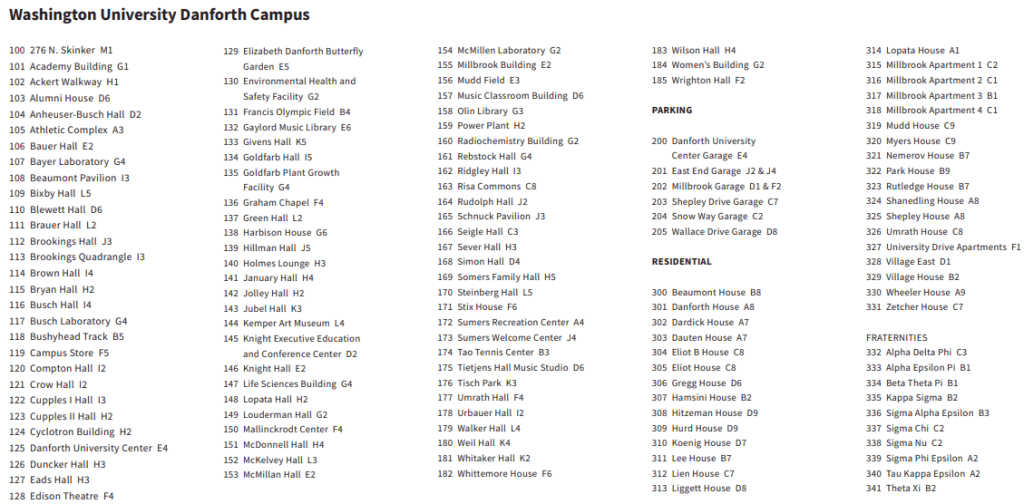Black Maple
Arbor Walk #173, Treekeeper ID #6384

Alternatively described as a closely related species of Sugar Maple (Acer saccharum) or as its subspecies, the Black Maple overlaps in range with the Sugar Maple but shifted farther west into the Midwestern Plains. It is theorized that the prevalence in its western range over Sugar Maple is due to the Black Maple’s adaptation to a past warm and dry climate in the continent, which has grown colder and wetter in the present Eastern North America. The Black Maple has a few characteristics that differentiate it from the Sugar Maple, including three-lobed leaves and darker mature bark. Like the Sugar Maple, the Black Maple can be tapped for sap, and contains similar sugar content within its sap to be used for syrup.


GPS Coordinates
N/A
Percent Concrete
N/A
Distance to Buildings
| Year | Close Building #1 | Close Building #2 | Close Building #3 |
|---|---|---|---|
Distance to Other Species
| Year | Close Species #1 | Close Species # 2 | Close Species # 3 |
|---|---|---|---|
Standard Measurements
| Year | Height (m) | DBH (cm) | Crown Diameter N-S (m) | Crown Diameter E-W (m) | Average Crown Diameter (m) |
|---|---|---|---|---|---|
Nests and Pests
| Year | Description |
|---|---|
Leaf Identification
[description]
Twig and Bud Identification
[description]
Bark Identification
[description]
Fruit Identification
[description]
Flower Identification
[description]






